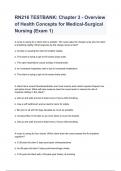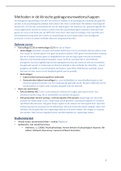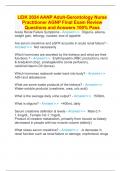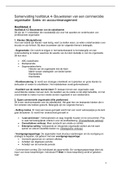Summary
Summary Comparative theories study guide - GLOBAL POLITICS written by A* student
- Module
- Comparative Theories
- Institution
- PEARSON (PEARSON)
Realism and liberalism comparative theories in global politics study guide. Ideal for politics A Level Global module. These notes were taken during lessons but have also added information from personal research. Take your understanding of comparative theories beyond the textbook! I used these ...
[Show more]







